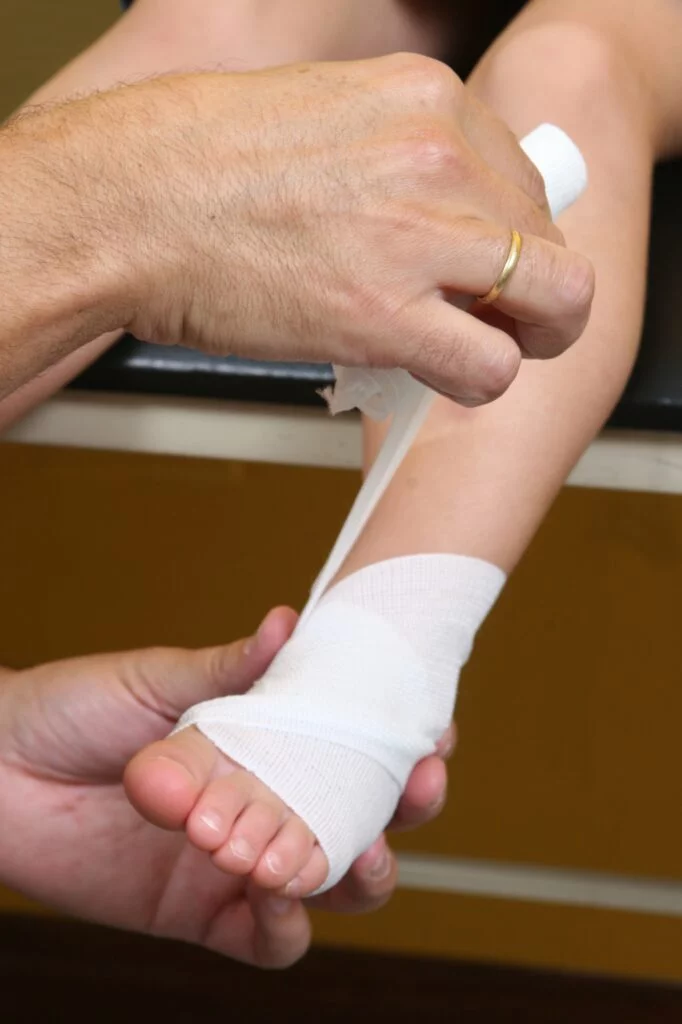What Is Gouty Arthritis?
Do you often wake up in the middle of the night with the sensation that your big toe is on fire? Does your big toe feel hot, swollen and tender? Do you have sudden, severe attacks of pain and swelling in the joints and the big toe? You may be suffering from gouty arthritis.
Gout is a type of arthritis that is characterized by pain, stiffness, tenderness and inflammation in the joints of the feet, and usually affects the big toe first. It can be extremely painful and can affect quality of life. Like other kinds of arthritis, gout cannot be cured but it can be managed.
Symptoms of Gouty Arthritis
- Intense joint pain, especially in the big toe.
- Discomfort with any kind of movement involving that joint.
- Swelling and tenderness around the joint.
- Redness and warmth of joint.
- Stiffness and limited motion; with time, it may become impossible to move those joints.
Causes of Gouty Arthritis
Gout is often called the “King’s Disease”, as in earlier times, it used to affect the wealthy whose diet was rich in meats, fats and alcohol. Gout is triggered by an increase in uric acid levels in the body. Alcohol, unhealthy lifestyle and diet can contribute to this increase.
Diagnosing Gout
Some tests doctors use to diagnose gout include:
- Joint fluid test
- Blood test
- X-ray
- Scan
- MRI
- Ultrasound
- Dual-energy computerized tomography (DECT)
Treatment for Gout
Treatment for gout is usually two pronged. Medications are given for the pain and inflammation as well as to lower the amount of uric acid in your blood. The dosage will depend on the severity of the illness and your health.
Managing Gout
As with any other arthritis, medication will only help keep pain and inflammation in check. To reduce recurrent attacks, a lifestyle change has to be made which will include:
- Limiting or stopping alcohol
- Avoiding red meat and organ meats
- Limiting items high in fructose
- Eating a healthy diet
- Exercising regularly
Managing Gout Pain with Orthotics
Foot orthotics are very helpful during gout attacks. The soft supportive orthotics help cushion the foot and place less strain on the joints of the foot. In time, with a change in lifestyle and orthotic support from the podiatrist, gout can be managed.

